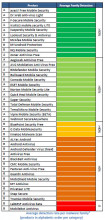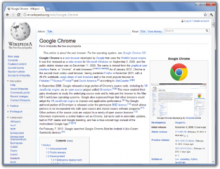AV-TEST Institute evaluates various Android virus scanners
The AV-TEST Institute, an independent anti-virus research provider, inspected 41 different virus and malware scanners for Android specifically testing for detection performance.
According to the report, about half of the scanners are not yet suitable for use mainly due to reliability of detection, with some products scoring a detection rate of less than 65% out of the 680 types of malware tested.












































































